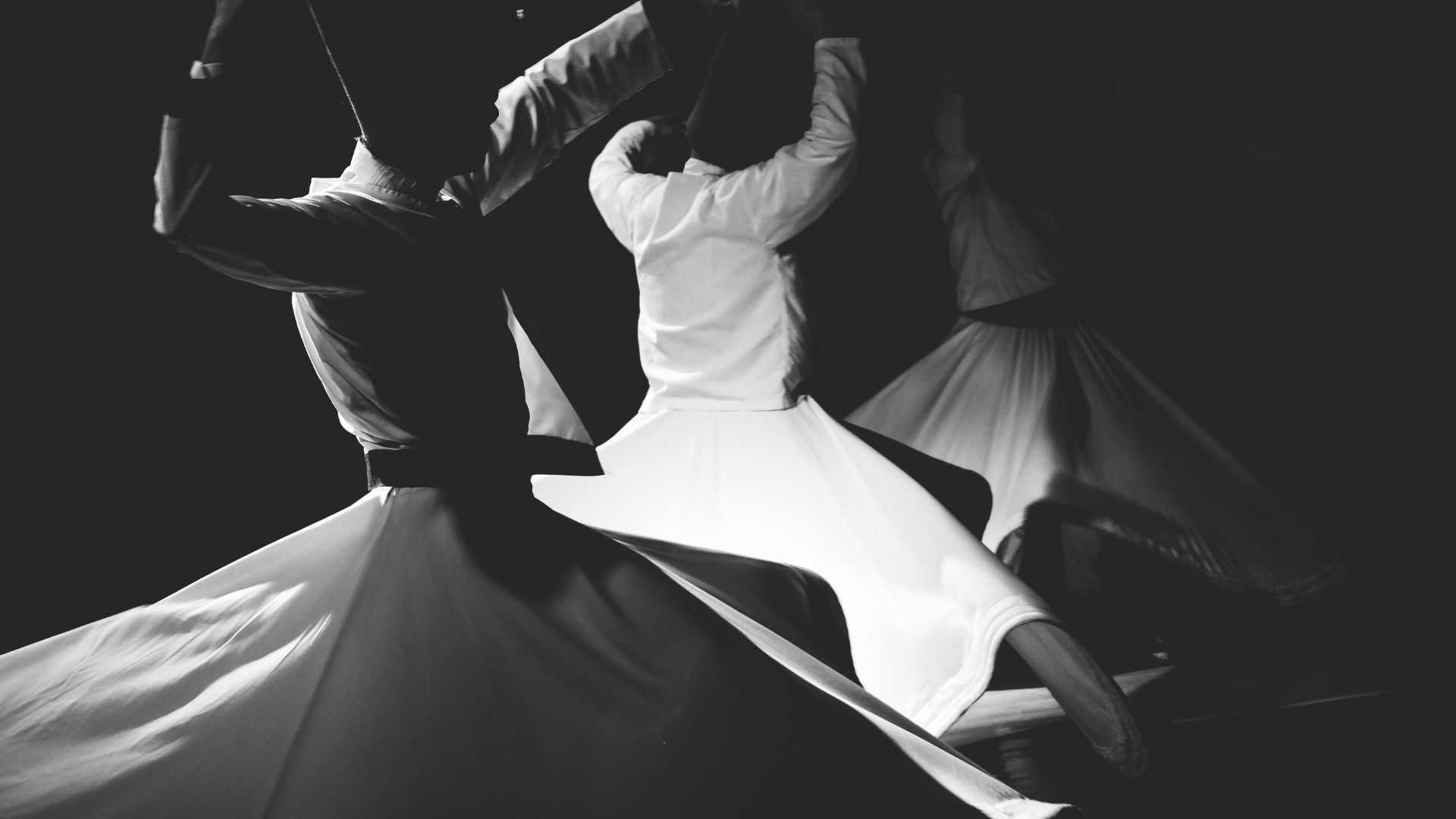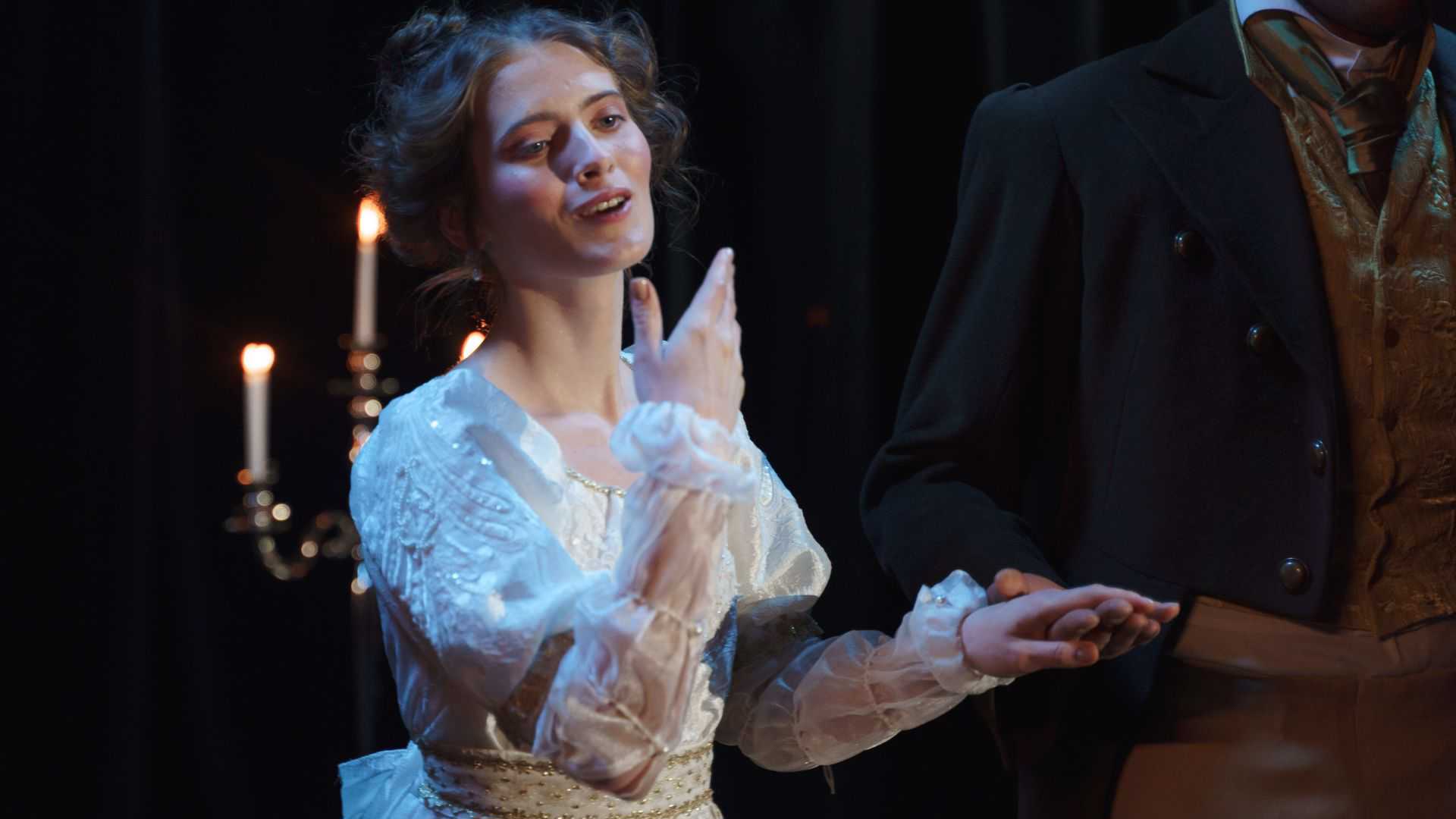Is Acting Haram in Islam? Movies have had a significant role in people’s lives, including Muslims. There are films that portray people’s lives, and then there are comedic films that are meant to make us smile. Of course, actors are necessary for the creation of movies, as are occasionally voice actors in addition to many other jobs.
Yet is acting Haram?
In this post, we’ll examine when acting is considered Haram and when it’s not.
Is Acting Haram in Islam?
Whether or not acting is Haram has been the subject of much discussion. For instance, according to certain Muslim scholars, acting in any type of film or television production is prohibited (Haram).
Other scholars, however, have made an exception and said that acting is Halal.
The majority of Islamic scholars believe that acting is haram if it includes haram acts. For instance, a movie would unquestionably be ruled haram if it contained depictions of fornication or other immoral and unlawful behavior.
Additionally, participating in a movie that promotes Kufr (disbelief), gay rights, or other unlawful causes is against the law, and the movie’s funding is also against the law.
That does not, however, make all playing roles forbidden. It would be Halal for an actor to appear in a film like Al Rissala (The Message), which promotes virtue or tells an Islamic tale, if they were working on it.
The actors are promoting Islamic stories with the intention of informing audiences about Islamic principles and the history of Islam, which is the justification in this case.

Acting is fundamentally understood to be a deliberate deceit that involves pretending to be someone you’re not or following expectations that go against one’s underlying values. The Islamic ideal of honesty and sincerity toward Allah (SWT) is violated by this.
Furthermore, it has historically been considered a type of flattery and vanity that diverts individuals from their moral obligations and potential sins like immodesty or alcohol consumption.
Why Is Acting Haram?
Many scholars contend that taking part in any role-playing, even that found in theater or the movies, can cause people to lose sight of their primary calling in life, which is to serve Allah.
They hold that rather than taking the chance of being misled by such activities, it would be better for believers to completely avoid them.
Muslim scholars generally argue that acting and other forms of art should be practiced moderately and within set bounds. This means that the artistic expression must abide by the moral standards established by Islamic law and avoid immoral things, which include:
1) Profanity
2) Nudity
3) Idol Worship
4) Mocking of respected individuals or ideals
5) Scenes of immorality or violence, as well as anything else regarded to be against Islamic teachings.
Not all acting is forbidden, as was previously said.
In addition to this standard for appropriate artistic expression, some Muslim scholars also acknowledge that, when performed correctly, some forms of acting can be advantageous. For instance, wholesome ideals like integrity, justice, and respect are shown in movies and television shows.
Acting is completely halal if it can be used as a teaching instrument to impart traditional moral values. Acting can serve as a fruitful means of spreading information about God’s instructions while also entertaining others.
However, if it is, then acting is prohibited for a number of reasons, including:
1) Promoting Scepticism
2) Fostering immoral behavior
3) Fostering lustfulness
Additionally, when women or men engage in fornication or act in ways that violate Islamic principles, they not only defy Allah but also confess and reveal their sins, one of the Kabair Sins (Major Sins) to the public.
Allah (SWT) says in the Holy Quran
Those who avoid great sins and the immoralities except the small faults; indeed, your Lord (is) vast (in) forgiveness. He (is) most knowing about you when He produced you from the earth and when you (were) fetuses in (the) wombs (of) your mothers. So (do) not ascribe purity (to) yourselves. He knows best (he) who fears.
[Quran: Ayah an-Najm (The Star) 53:32]
Is Voice Acting Haram
Voice acting jobs are typically open to both men and women. In Islam, there are, nevertheless, exclusions for both genders. For instance, a man cannot perform voice-acting work that involves endorsing illegal or forbidden activities. Additionally, a man is not permitted to work as a voice actor, impersonating, for instance, women or animals.
Ibn ‘Abbas (May Allah be pleased with them) said:
The Messenger of Allah (ﷺ) cursed those men who are effeminate and women who imitate men.
Another narration is: The Messenger of Allah (ﷺ) cursed men who copy women and cursed women who copy men. [Al-Bukhari]
Women are also capable of voice acting, but only under certain circumstances. A fatwa states that women shouldn’t speak in a way that makes other men feel attracted to them and shouldn’t soften their voice while performing voice acting.
Is Acting Haram For Women?

Is Acting Haram For Women? Acting is generally prohibited in Islam for both men and women. Although the Qur’an and Hadith do not expressly forbid acting, Muslim scholars hold that it should be avoided if it could result in possible sins (such as immodesty or alcohol intake).
Additionally, others contend that acting may result in behavior that is in odds with Islamic principles. For example, portraying particular characters or performing in certain scenarios may require acting immodestly or against Islamic principles. Therefore, women should adhere to Islamic law and refrain from transgressing its precepts.
FAQs on whether Is acting Haram in Islam
Is acting haram in Islam?
Islam generally rejects behavior that entails adopting a false identity or professing to be someone that you're not. So yes, acting is haram in Islam.
Is Entertainment Haram In Islam?
If it is practiced within the parameters of Islamic law and avoids acting contrary to its teachings, entertainment is not prohibited in Islam. As long as it doesn't contain any acts that are categorically prohibited by Islamic law, entertainment can be a tool to reduce stress and make life more joyful.
Is Cinema Haram In Islam?
Although acting can be haram if it includes adopting another person's identity or acting immodestly, cinema is not expressly forbidden in Islamic law.
Are Classes in Acting Haram?
Islam does not forbid acting classes as long as they do not involve impersonating other people or acting indecently. As long as it is done within the parameters of Islamic law, acting classes can be a terrific approach to aid in the development of acting talents and an awareness of Islamic principles.
What Do Muslims Consider Haram Acts?
Taking on another person's identity, acting immodestly, acting against Islamic principles, lying or backbiting, and playing a part that entails mocking Allah or His Messenger are all considered haram in Islam.
Conclusion: Is acting Haram in Islam?
So, Is acting Haram in Islam? It appears that there is no definitive response to this topic, based on the evidence and arguments previously offered.
Based on specific interpretations of Islamic teachings, some people might view acting as forbidden, while others might disagree, believing that it is OK as long as it is done with good intent and does not offend anyone.
We advise you to seek advice from a knowledgeable person, such as an Imam or Sheikh. Before considering acting as a career or hobby, it’s crucial to be sure that it is consistent with your own values.
This was all about whether Is acting Haram in Islam. Read more Islamic Blogs or Follow us on social media for daily Islamic reminders.






